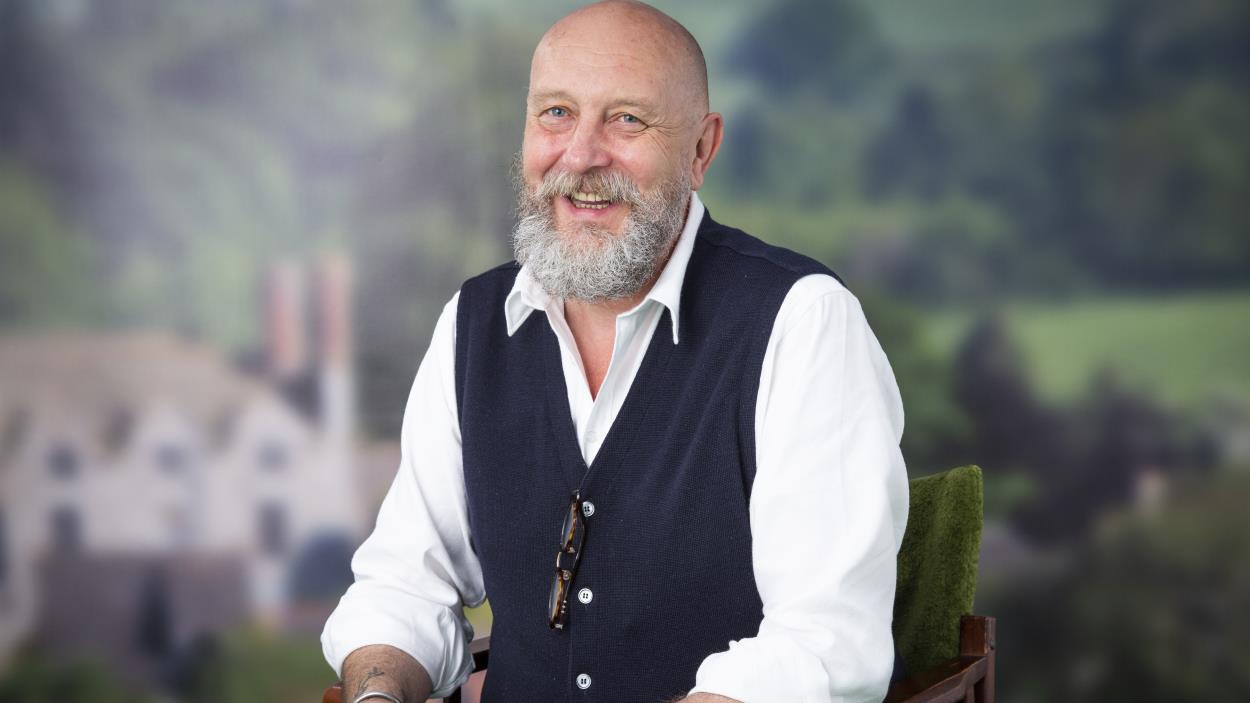
You don't expect a molecatcher to be vegetarian, but Marc Hamer (pictured) is an animal lover who never really wanted to kill the mammals, a job he did for 30 years. In his book, How to Catch a Mole...and find yourself in nature, he displays his fascination for "the little gentleman in black velvet". There is so much still to find out about why they do what they do – tunnelling along in no particular direction hunting for worms (and eating 20kg in a year). Employed by farmers, growers and horse-owners to despatch the creatures that can ruin a patch of ground, he uses the most humane methods available, but believes that in many cases it is unnecessary. Instead of striving for a perfectly manicured lawn in that very British manner, he advises planting a meadow.
The book is beautifully written, with poems and black-and-white illustrations interspersed, and is much more than a book about moles. It is about the author's relationship with the soil and the countryside, and about growing old. Kicked out at 15 by his father, he walked and slept rough for almost two years, during which time he became attuned to the sights, smells and wonders around him. "Molecatching has been a life that has brought me closer to the nature of my own existence."
David Barrie's book, Incredible Journeys, tells fascinating stories about the navigational skills of animals, including humans: the dung beetles that steer in a straight line guided by the Milky Way; the homing pigeons who use smell to locate their point of departure; and the turtles that pitch up on a stretch of sand on a Caribbean coast where they were born to lay their eggs, then dash back into the water leaving the hatchlings to fend for themselves.
Barrie's background was very different – he started as a deckhand on ships sailing across the Atlantic, then became a diplomat and later a writer. But they share a connection with wildlife and the land, and both books warn of our responsibility. In Incredible Journeys, Barrie writes: "We must learn to respect and care for the world we inhabit and the extraordinary creatures with which we share it. We must plot a new course."
Picture by Paul Musso
If you like watching Hay Festival events digitally please sign up to Hay Player for more from the world's greatest writers and thinkers.